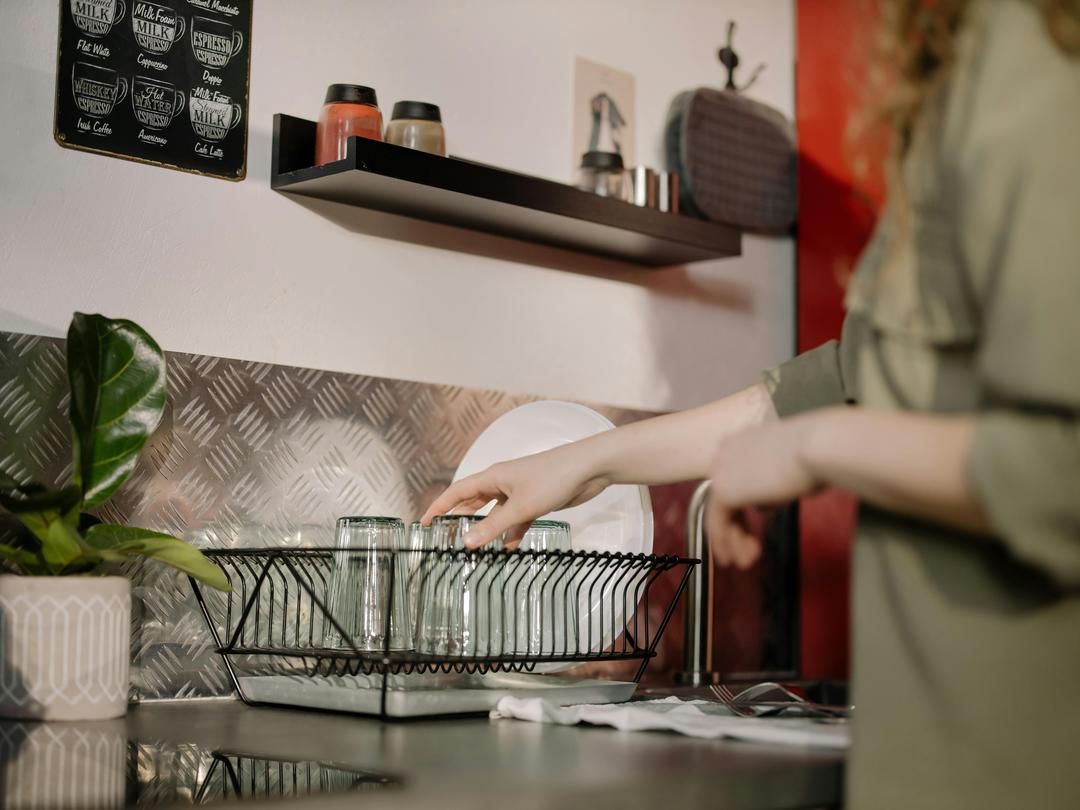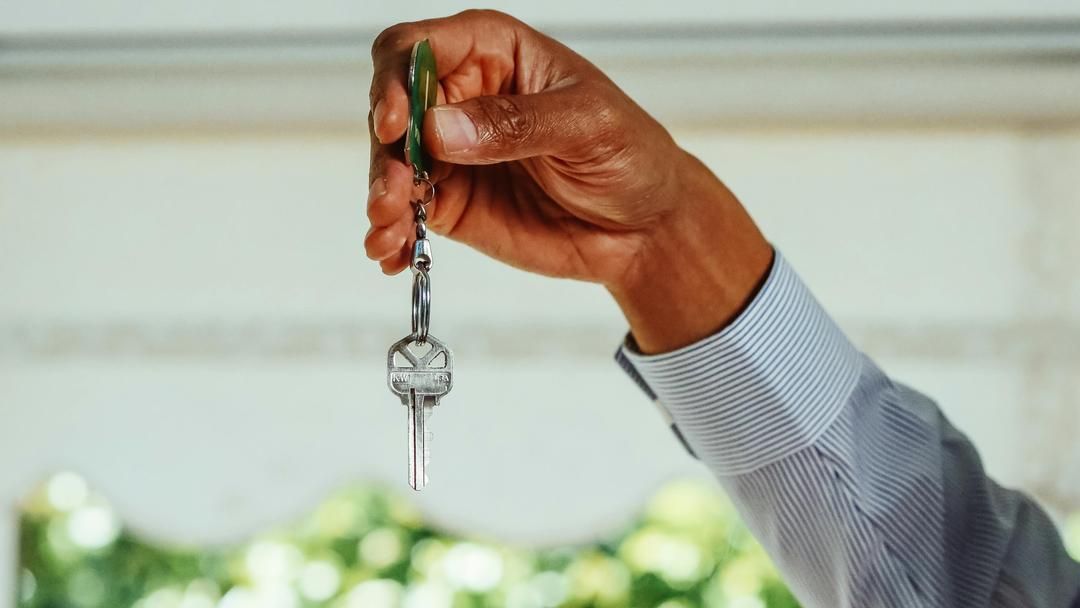The moment your home goes live on the market is filled with anticipation. The listing is up, the photos are polished, and the open house is scheduled. For many sellers in Western North Carolina and Upstate South Carolina, this is when the entire selling process starts to feel real.
Here’s something to keep in mind: how your home performs during that first week can influence the entire outcome of your sale.
It might sound a bit dramatic, but it’s true. Those first seven days carry more weight than most people expect—because that’s when your listing is fresh, your pool of potential buyers is at its peak, and your pricing strategy is put to the test.
Let’s explore why those early days are so crucial and how you can set yourself up for success before your home even hits the market.
You're Competing with Every “Saved Search” Notification
Most serious buyers in this area have alerts set up. They get notified the moment a new home in their desired price range appears on the MLS. In a market where nearly two-thirds of homes sell within 14 days (as per data from Redfin, Q1 2025), that early exposure is essential.
Buyers aren’t just browsing; they're ready to act. Fresh listings attract the most attention. After about ten days, interest typically drops unless there’s a price change or if the property is relisted.
This means you have roughly a one-week window to grab attention while your listing is at the top of every buyer’s feed. For instance, homes in neighborhoods like Biltmore Park and downtown Greenville are seeing quick sales. If your property is well-prepared and priced right, you could be the next success story.
The First Price Is the Only Price That Matters
Getting the price right from day one is critical in today’s market. According to Zillow’s 2024 Seller Report, 84% of sellers who had to reduce their price after listing expressed regret—usually because it led to lower offers and extended time on the market.
When a home is priced appropriately from the start, it doesn’t just attract attention; it encourages competition. Buyers recognize that a well-priced home won’t last long, leading to stronger offers and better terms.
On the flip side, if you price your home too high, you might find yourself having to lower it later, which can send the wrong signal. Many buyers interpret price drops as a sign that something’s off, even if it’s just an adjustment. You risk appearing desperate, which might invite lowball offers.
The takeaway? The longer your home sits without an offer, the more likely you are to accept less than you could have with a better launch strategy.
Buyers Will Pay More When They Feel the Competition
When your home hits the market at a fair, data-backed price—and it looks great—you’re not just attracting buyers. You’re fostering competition.
This is the difference between receiving one offer at list price and getting multiple offers, including one that waives contingencies and offers flexibility on closing dates.
In 2025, we’re in a strategic but cautious market. Interest rates are hovering around 6.2% to 6.5%, which has made buyers more selective than in previous years when rates were lower. However, they’re still out there—when they find the right home, they act quickly.
If you can create that sense of urgency early on, you're likely to come out ahead.
The Right Prep = Maximum Leverage
A successful first week isn’t just a matter of luck; it’s about preparation. This includes:
- Professional staging or styling advice to make your home shine
- Crisp, high-resolution photography and video that showcase your property
- An engaging listing description that highlights your home’s best features
- A strategic digital marketing plan that connects with buyers where they are—think social media platforms like Instagram and Facebook, as well as email outreach
Why does all this matter? The broader your exposure in that first week, the better your chances of attracting serious buyers early on. Every showing, inquiry, and conversation during this period increases the likelihood of receiving a strong offer.
This early activity also builds social proof. When buyers see others touring the home or asking questions, it reinforces the idea that this is a property worth acting on quickly.
Your Best Offer Might Come First
There’s a common misconception that you should wait to see what offers come in next week. But in this market, your strongest offer often comes within the first three to seven days.
Buyers who make early offers are usually the most qualified and motivated. They’ve been watching, waiting, and are ready to act decisively.
If you hesitate or wait too long, you risk missing that window and falling into the category of “stale listings” that buyers begin to overlook.
The Bottom Line
You only get one chance to make a first impression. In real estate, that chance lasts about a week.
That doesn’t mean you should rush to market before you’re ready. It does mean you need to be thoughtful about your preparations. When your home hits the market, it should do so with a competitive price, professional marketing, and a clear plan in place.
Think of that first week as your launch window. The more intentional you are before you list, the more successful that launch will be.
If you’re considering selling your home in Western North Carolina or Upstate South Carolina, one of the best things you can do is consult with a real estate agent who knows the local market inside and out. The right guidance can make a significant difference—not just in how quickly your home sells, but in how much you ultimately walk away with.
%20(3).png)
%20(3)-1.png)




